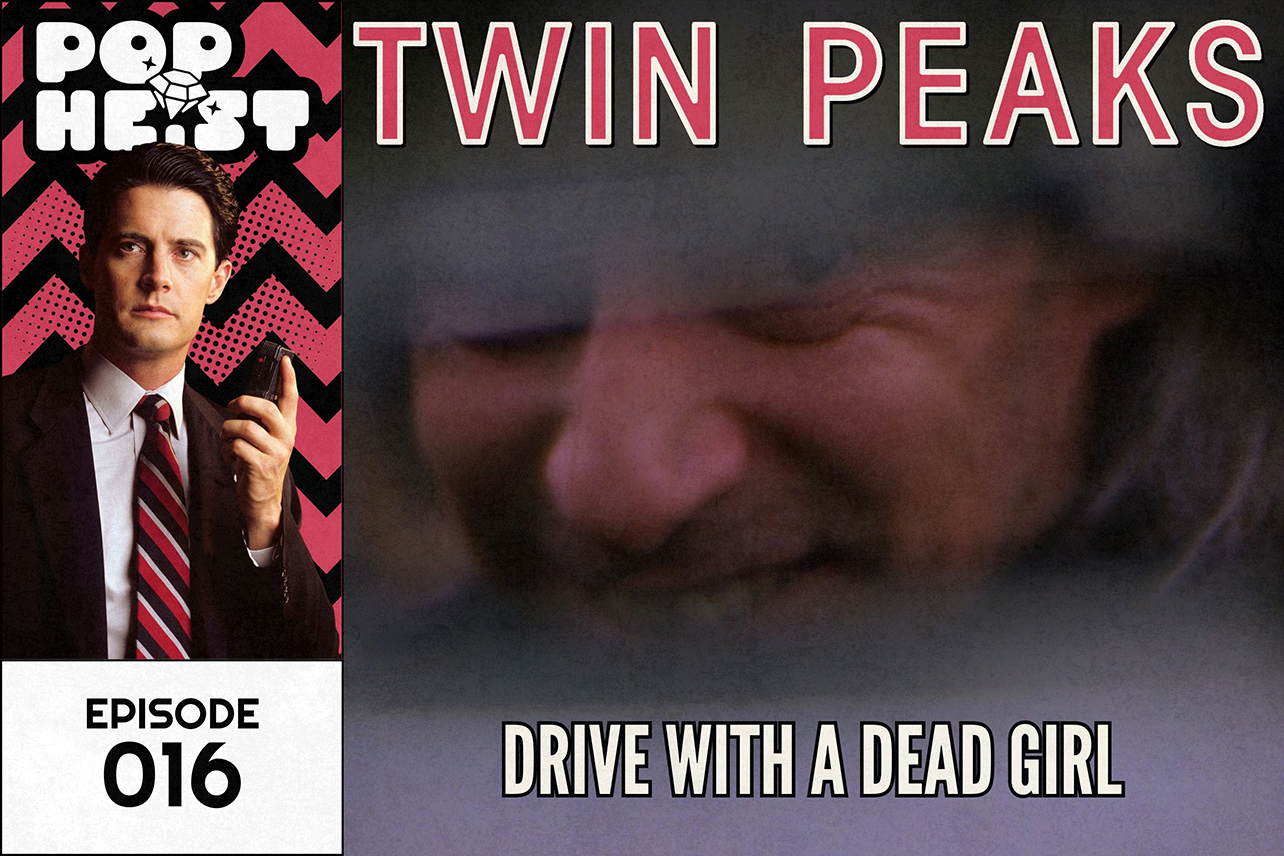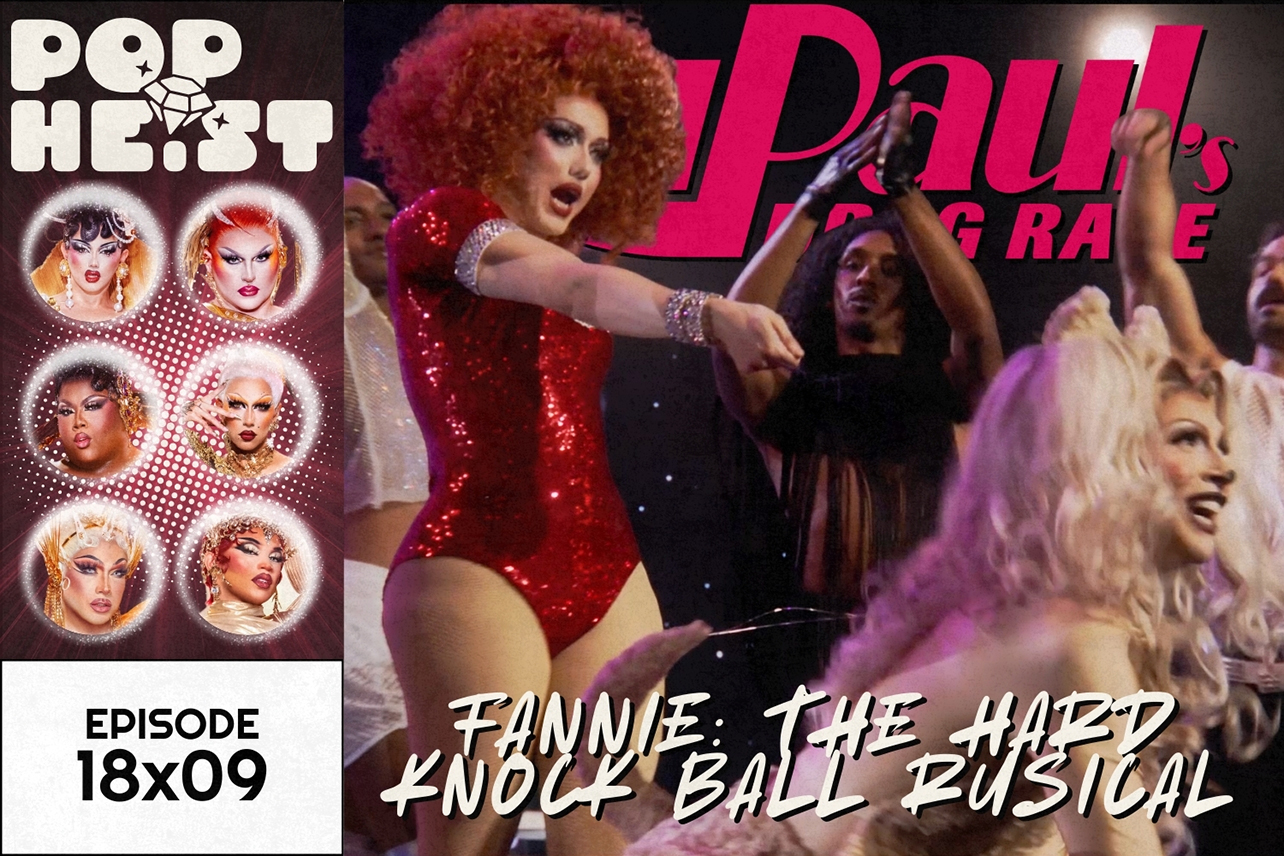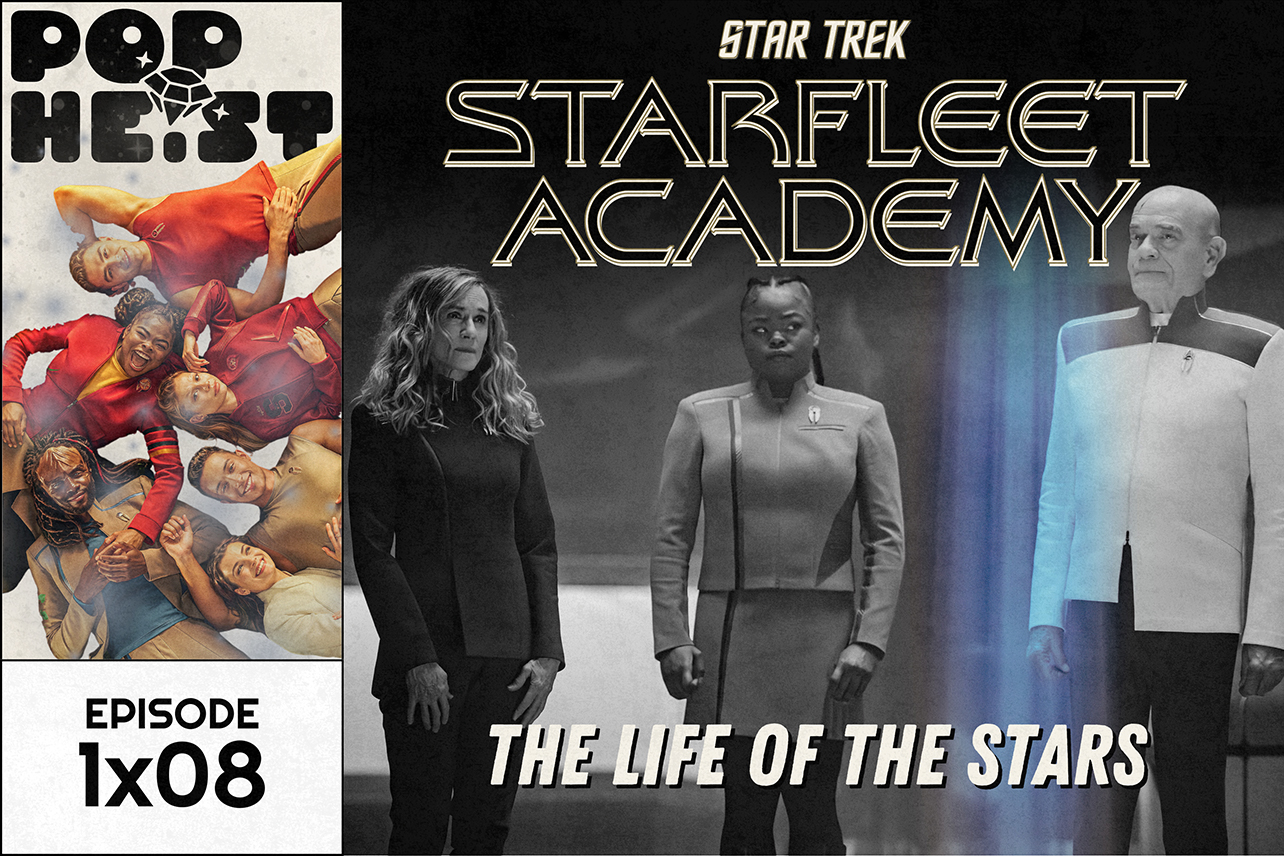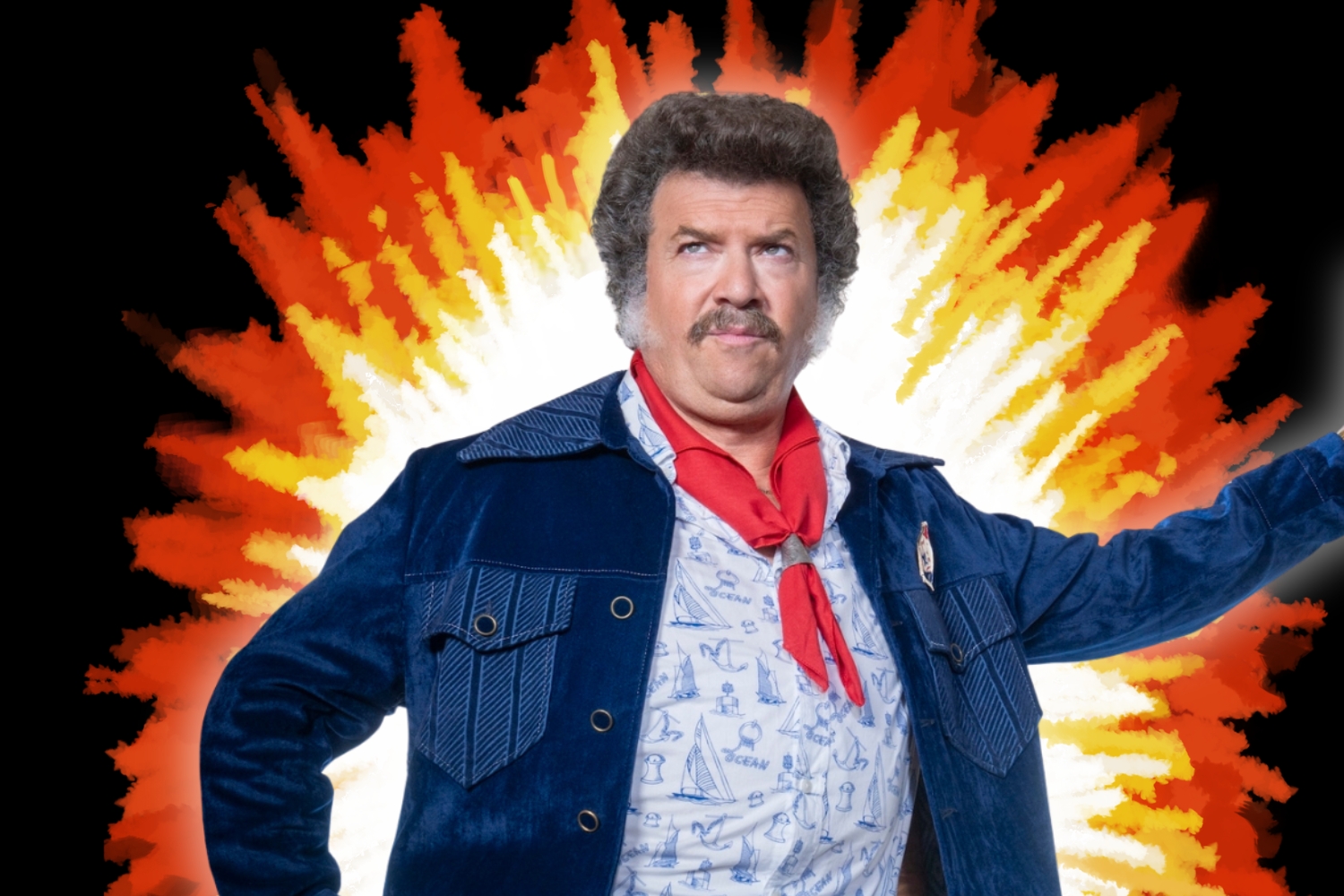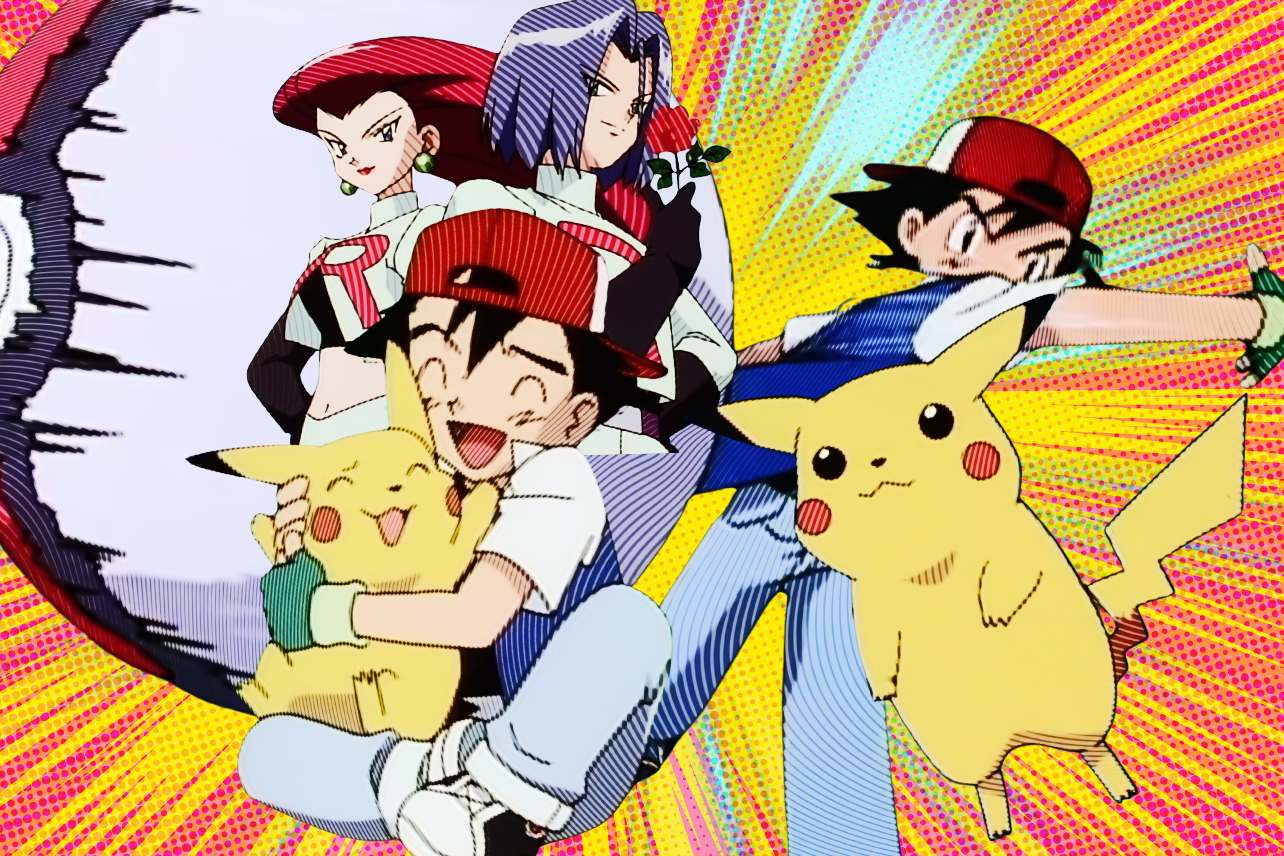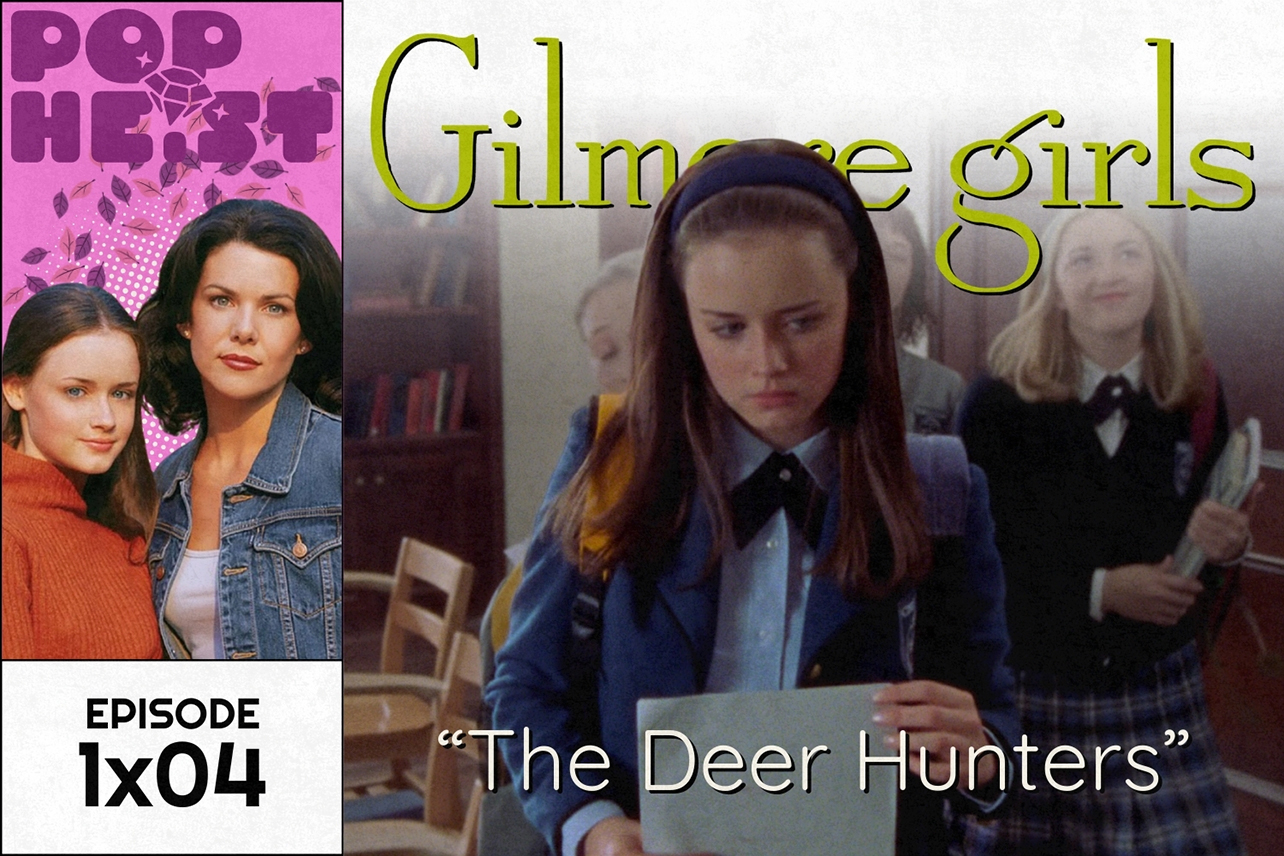Star Trek, like all things, was born dying. It nearly died after the original series' first season and would have died if not for Harlan Ellison assembling other sci-fi writers who fought together to keep the show going. Trek fan Bjo Trimble famously led a letter-writing campaign to get a third season for TOS. The show was canceled after that, but success in syndication stayed Star Trek from execution until it made its way to movies. Then to spin-offs. And on and on for now well over half a century. Star Trek, in spite of its many brushes with death, is still very much alive. Despite that rich tapestry of beating the odds, though, people keep asking this question lately: Is Star Trek dying?
Actually, to be clear, this didn't start out as a question. Since the debut of Star Trek: Discovery in 2017, a certain segment of "fan" has been gleefully saying outright that Star Trek is not just dying, it's dead. No question. A statement. Perhaps even more damning, a wish that Star Trek would die. And this goes for other franchises as well: Star Wars, Doctor Who, Ghostbusters, X-Men, and on and on. But if you weren't terminally online in the late 2010s you likely didn't have much exposure to those voices.
In truth, this type of wrathful, "not my Star Trek" campaign is not new. Star Trek: The Next Generation spent its first two seasons facing a steady bombardment of op-eds and letter writing campaigns declaring that this new show was not the real thing. And, yes, there was some push to see this new Star Trek, considered at first to be a poor imitation of the original, canceled. Instead, Star Trek: The Next Generation is one of the most beloved shows in science fiction history, one which ushered in decades more movies and spin-offs.
And yet, here in 2025, "Is Star Trek dying," is still getting asked more loudly than ever — not just by people who hate this current Paramount+ era of Trek, but by people who like what the franchise is doing right now. Even though Star Trek: Discovery ran for five seasons and spawned many spin-offs itself, this question is undeniably in the ether. And the real question is: why? Why is Star Trek's future in question? What makes this time in the franchise's history feel different from all the others? What's happening not just with Star Trek, but with the world in which it's made?
If it's real this time, if Star Trek is dying, what is the cause? And is there a cure?
During an interview with Sean Ferrick of TrekCulture, Robert Kazinsky, who plays Zeph in the recent Star Trek movie Section 31, told a story about his experience working on the franchise.
"When I got this job I was, like, 'Why are they doing a Section 31 movie?' It's going to be hated from the get-go, no one's going to want to watch a Section 31 movie, and we're doing a TV-budget movie… this isn't going to be what people want," said Kazinsky. "Then I spoke to Alex [Kurtzman, producer] and I spoke to Olatunde [Osunsanmi, director] and they explained to me that Star Trek is dying. I don't know if people know that."
"They explained to me that Star Trek is dying," is a hell of a thing for an actor to casually drop in a conversation designed to promote a new Star Trek movie — and the problem is that people ran off to report on that without absorbing the rest of the interview. Kazinsky qualifies that Star Trek fans themselves are getting older and beginning to die off.
"We are going to lose Star Trek if we don't bring in new fans, new eyes, and new ways of getting people to love the things that we love," said Kazinsky. "How do we enlarge the fandom? How do we get people to come and be part of this? How do we keep Star Trek alive?"
According to Kazinsky, Secret Hideout, the production company behind the current crop of Star Trek shows, shorts, and films, has a plan.
"You have to make different flavors of Star Trek for a different time," Kazinsky said he was told. "You have to try and bring in new people — that's what Starfleet Academy is going to be about. That's what Section 31's about. This film, I'm sorry to say it, it wasn't made for people that love Star Trek. It was made to make people want to learn more about Star Trek."
Certainly there's evidence to corroborate what Kazinsky is saying. Section 31 does largely set aside its attachment to Trek's past in favor of a more broad-reaching story. Starfleet Academy does feature a host of new, young actors. There's still conversation surrounding a live-action Office-style sitcom involving Star Trek: Lower Decks’ Tawny Newsome in a creative position which would be a whole new side for Star Trek.
There's also a sense that Secret Hideout and Paramount want to keep old fans as well. Star Trek: Strange New Worlds, which continues to reimagine classic characters and stories from the franchise's past has two more seasons on the way. And long time Trek actor and director Jonathan Frakes was very clear that Starfleet Academy does appeal to "hardcore" fans. Rumors of shows featuring the return of Kate Mulgrew and William Shatner similarly suggests one eye remains looking towards the past.
It's really important to acknowledge that the latest incarnation of the question "Is Star Trek dying" begins with a poorly contextualized quote from an actor, not a producer or showrunner. To say that a long-lived franchise needs new fans to survive amounts to saying water is wet. And if that were the whole story, then there would be no story. But the interview with Kazinsky is not actually the beginning of events nor is it the end of the story.
The Paramount+ era is often viewed as being marred by behind-the-scenes problems. And certainly you can see how, cumulatively, that perception impacts both how Section 31 was received and where the franchise feels like it's heading.
Going back to Star Trek: Discovery, there's the fact that the original showrunner Bryan Fuller got the boot before the first season was even in the can. Patrick Stewart's refusal to allow Star Trek: Picard to be a reunion show for the full Star Trek: The Next Generation cast sent ripples of frustration throughout the fandom. Paramount's decision to not only ax Star Trek: Prodigy but remove it from their streaming platform entirely disproved the promise that Paramount+ was fans' one stop shop for everything Star Trek. And, yes, as Kazinsky correctly predicted, Section 31 was all but universally panned by critics and fans alike as feeling fundamentally unlike Star Trek. It was not what the fans wanted, but it didn't seem to bring in those new fans either.
There's a catch, though and the catch is this: nothing about that speedrun of issues is remotely new to any franchise, certainly not Star Trek. There's an entire documentary called Chaos on the Bridge that focuses on the lack of leadership in the first two seasons of Star Trek: The Next Generation. Ronald D Moore, who joined the show in its third, more stable year, still felt things were stressful and chaotic at that point. Star Trek: Deep Space Nine was unpopular with fans throughout much of its original transmission. Star Trek: Voyager experienced major conflict between Kate Mulgrew and Jeri Ryan when the latter was brought in to add some Borg-laden sex appeal. Enterprise wasn't even called Star Trek at first in order to freshen things up and, yes, bring in new fans — and all it did was make the existing fans furious.
Did Star Trek die from any of those situations? No. And, again, if the story were as simple as "Trek's always been messy" and "fans' memories are short" then there would be no story to tell. The reason "Is Star Trek dying" remains a question worth asking isn't because of an actor saying something he probably shouldn't have nor is it because of struggling productions behind the scenes — at least not directly.
This is a lot of preamble, I know, but it's important to rule things out before you can really inspect the root cause. And the thing is, all the topics we've covered so far are symptoms of a larger, ongoing issue with the health of Star Trek as a franchise. And like an episode of House there is a moment of crystallized realization that makes what's been really causing this all along become clear. In this case, the realization comes from a headline:
"Paramount Rolls Back DEI Policies to Comply With Trump Order"
Star Trek, across the decades and throughout its many incarnations, is built on one, fundamental ethos: IDIC. Infinite Diversity. Infinite Combinations. That's it. In the good times and the bad, for better or worse, for richer, for poorer, until death do us part, Star Trek exists because we want to believe in a future where everyone belongs. It's hope in the blackness of space, and that's beautiful — but it's an astronaut without a suit when the company in charge pre-emptively complies with white supremacist fascism.
DEI and IDIC are the same thing. You kill the former, you kill the latter. You want to know why people keep asking, "Is Star Trek dying?" That. That's the reason.
As someone who has worked in entertainment journalism for the better part of two decades and whose job it is to watch the shifts in my industry, I can tell you that this backslide has been happening, bit by bit, for a long time now. And namedropping Gamergate may roll eyes aplenty, but it really was the first domino. One man falsely accused his ex of trading sexual favors for favorable coverage in the gaming world and it became one of the biggest trending topics throughout 2014 and 2015.
Kazinsky talked about Secret Hideout trying to find Star Trek's new audience, but Gamergate was how the Republican party found theirs. The disenfranchisement of white men proliferated from Gamergate to Comicsgate, from Star Wars: Episode VIII - The Last Jedi to Jodie Whittaker's casting as Doctor Who. And, of course, this also includes the casting of Sonequa Martin-Green, a Black woman lead on Star Trek: Discovery. That decision received the same chant as all the rest: "go woke, go broke." And, relevant to that DEI cancelation headline, no one loves using the word "woke" in a derogatory fashion quite like the twice-elected president of the United States of America, Donald Trump.
The growing envy of those who hold the purse strings for these franchises as they see the success of Trump and people like him is obvious. And the resentment towards "diversity" as not being the secret weapon for an audience boost is equally evident.
Sensitivity readers hired to aide in more inclusive storytelling became scapegoats when things didn't go to plan. Star Trek: Discovery famously took endless heat when they killed off Dr. Culber, one half of the first ever gay couple in Star Trek history. And who publicly took the primary heat for it? Who had to field most of those questions? Not the showrunners! Not Paramount! Wilson Cruz: the man whose character got temporarily killed off. A gay man took the proverbial stray on that one.
Star Trek: Picard did eventually become a reunion show. Paramount spent a significant amount of money getting the Star Trek: The Next Generation cast back in the saddle. That third season of Picard being a hit was important in the immediate future because of the financial expenditure, but it was also important to the health of Star Trek as a brand in the long term. And I'll tell you what happened on the critic side of things: those writers and YouTubers who use the word "woke" as an attack on minority creators not only gained screener access, Picard showrunner Terry Matalas himself posed with them for smiling pictures. People who would take IDIC as an attack on their personal liberty got a seat at the table.
The shift didn't happen overnight. It's been happening for years. And not to let Paramount off the hook, but they aren't lone actors here. Disney cut a storyline involving a trans character from an all-ages cartoon. And that was after they'd canceled The Owl House, a show which featured a queer romance between two of its main characters. You can find examples of minority voices, creators, and audiences being punished everywhere you look in the entertainment industry. And you can find the same every time there's a new Executive Order from Donald Trump.The two happening concurrently is not an accident
Sometimes the question "Is Star Trek dying" sounds so silly. It's like noticing that you broke a nail but missing that the hand it's attached to is rotting off. But it does matter. Star Trek matters.
Nichelle Nichols famously stayed on Star Trek as Uhura because Martin Luther King Jr. himself told her that people needed to see a Black woman on the bridge of the Enterprise. Star Trek: The Next Generation is a series of morality plays which first transmitted during the Reagan and H.W. Bush administrations, an era infamous for its mistreatment of minorities. That show, despite the time it aired, spoke against slavery and assimilation. It pointed out when the real enemy wasn't the perceived other, but Starfleet's own leadership. It featured someone facing persecution for their gender identity and then revealed the immeasurable harm of conversion therapy. When they nearly cured the eyesight of Geordi La Forge during the TV run of TNG, it was a blind fan who convinced Majel Barrett that the world needed a show where a disabled person could lead the engineering section of a starship.
Star Trek can make a difference, but not when its parent company is "rolling back DEI initiatives." As a concept, that is the very antithesis of Star Trek. That is why now feels different from all the other times Star Trek felt like it might be dying. The spirit of the biggest and most essential part of what makes Star Trek what it is feels under threat — because it is.
Which leaves us with the final part of the question: if Star Trek is dying, is there a cure?
Star Trek's own opinion on this topic seems bleak at first when we consider it through the lens of the show's own in-universe history. After all, it's accepted canon that Earth's entrance into the post-scarcity Federation only happens after humanity commits "global suicide." A eugenics war and World War III all occur in Star Trek's version of Earth history before humanity breaks the warp barrier and meets other sentient species beyond our one, tiny world.
But the episode which posits this trajectory, the self-titled pilot for Star Trek: Strange New Worlds, does so through a specific lens. It's a story where the Enterprise encounters a species who builds a warp bomb and intends to use it. In this moment, as Captain Pike sees a race not dissimilar to his own, teetering on the brink of self-annihilation, he offers a simple truth: "until our last moment, the future's what we make it."
Star Trek is not subtle. This is not a story about aliens, because it almost never is. It's about us. It's Star Trek looking at where humanity is now and saying, "It doesn't have to end like this." It's not bleak at all. It's hopeful. We stand at the extreme edge of human cruelty. Just a few more steps and we all tip into the abyss.
But we are a people who want Star Trek. The thing about people who decry DEI and loudly proclaim "Star Trek is dead" is that they keep watching anyway because, deep down, they want to be wrong. They want Star Trek to live. Isn't that wondrous?
Leaving the world aside for a moment, as of right now there's two more seasons of Star Trek: Strange New Worlds on set for transmission as well as two seasons of the as-yet-seen Starfleet Academy. The fight in this moment isn't to keep the franchise going in body, but in spirit.
If the writers for Star Trek stand up and say "Star Trek is DEI" will it make a difference? If fans of the franchise stand up and insist that Star Trek must confront issues of the day with moral clarity, will it make a difference? Unknown. But based on previous data, that willingness and courage to act can stave off death for Star Trek. It has before.
It's a scary time. It sounds ridiculous to say but — the United States government is dangerously close to being an institution which throws people in jail for the crime of saying "I think Star Trek should say Donald Trump is doing harm".
But how safe was Nichelle Nichols when she took on the role of Uhura during the Civil Rights Movement? Certainly she at least knew that staying in the role meant suffering the indignity of often getting the short shrift as far as stories and character development go. But she stayed in it anyway because Martin Luther King Jr. asked her to. He convinced Nichols, not CBS or Paramount, that her just existing on screen could make a difference — and I believe history has bore him out to be correct.
Star Trek is made up of people, creators and fans, and it is incumbent upon each and every one of us to take a stand and say that Star Trek is DEI, that without Infinite Diversity in Infinite Combinations Star Trek will die. And most importantly, we don't want that. We want Star Trek to live, because it's a beacon for what we can be.
Maybe that will save Star Trek. Maybe it won't. Maybe going to rallies and building communities to combat systemic injustice will save the world. Maybe it won't. But until our last moment, the future's what we make it.
If you haven't already, consider supporting worker-owned media by subscribing to Pop Heist. We are ad-free and operating outside the algorithm, so all dollars go directly to paying the staff members and writers who make articles like this one possible.

